With literally hundreds, if not thousands, of Proposition 65 (“Prop 65”) notices going out to cannabis growers, suppliers and businesses, many of the recipients of these notices are struggling with how to respond. The notices typically provide for a 60-day response period and threaten litigation. One of the individuals that has been sending many of the notices in Southern California is “Michael Murphy” on behalf of the “Clean Cannabis Initiative, LLC.” Interestingly enough, “Clean Cannabis Initiative, LLC” cannot be located on the California Secretary of State’s biz portal online calling into question whether the entity actually exists and/or is authorized to do business in California. Another group, Center for Advanced Public Awareness (“CAPA”) has also sent out many notices. Prop 65 notices and lawsuits are nothing new. Critics of the law have complained for years about “bounty hunter” attorneys who routinely target a particular industry and file hundreds, if not thousands, of notices and in many instances lawsuits in an attempt to coerce settlements from the parties. The “bounty hunter” attorneys typically associate with an individual and/or some type of “consumer group” that is routinely formed for the sole purpose of pursuing these type of claims. Typically, the “bounty hunter” attorneys seek “settlements” wherein individuals in the targeted industries pay the attorneys thousands of dollars for their “attorneys’ fees and costs” or risk having to litigate the matter. However, individuals receiving these notices also need to understand that defenses do exist to the adequacy of the notice itself and in many instances as to whether a warning is even required. For example, many products sold to consumers contain “Prop 65” listed chemicals but most do not contain any warning because the amount and duration of exposure is such that it does not reach the threshold for requiring a warning label. Moreover, there are threshold requires for the number of employees and other related defenses. The strength of the potential defenses can be a factor in reducing the amount of the eventual settlement or deciding to fight the matter in Court. Settling is an option, but does raise the risk of creating a target for future claims while litigation can be expensive and have it’s own risks.
Devoted Guidance From Resourceful Lawyers

